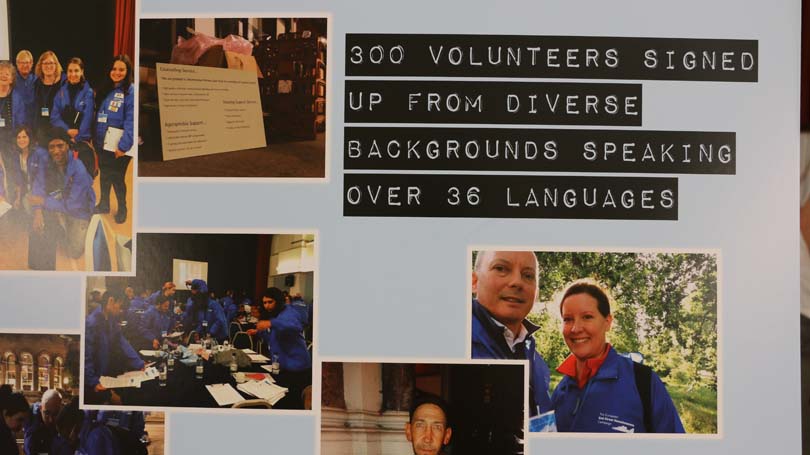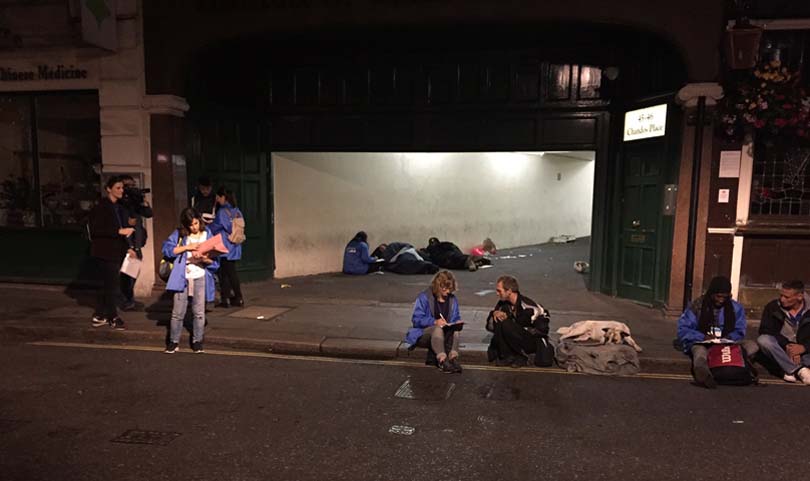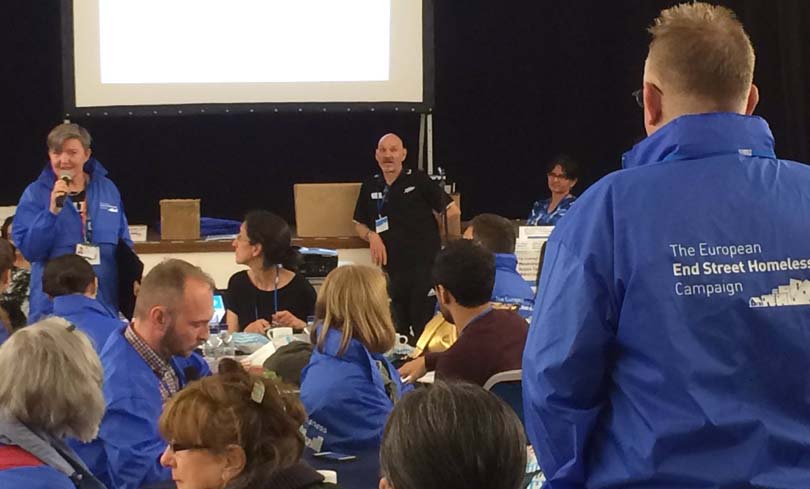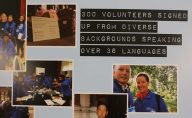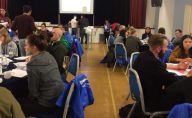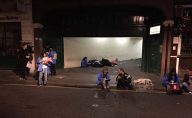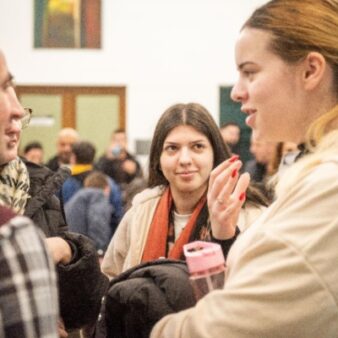Joined the campaign: 2016
Who’s involved
The Westminster Homelessness Partnership (WHP) is jointly run by a group of organisations committed to the same goal: ending street homelessness in Westminster. WHP member organisations include large service providers in the area, such as St Mungo’s, The Connection at St Martin’s, The Passage and West London Mission, as well as the local authority, Westminster City Council. Advisory members include Groundswell and Housing Justice. Over the last two years additional organisations have joined the Partnership, including a specialist homelessness health service, Great Chapel Street Medical Centre, and Turning Point, a drug and alcohol service provider. The newest members are accommodation providers, SHP and Look Ahead.
What has happened so far? Westminster is in the heart of London and has, historically, always had the highest number of people sleeping on the streets in the UK. In 2020 the Westminster local authority ‘point in time’ count found 242 people living on the street. The CHAIN homelessness database – which records people rough sleeping when contacted by outreach teams throughout the year – counted 2,162 people between April 2020 and March 2021, a decrease of 595 compared to the previous year.
Westminster were one of the pilot cities of the European End Street Homelessness Campaign and held a Connections Week in July 2016 with more than 300 volunteers, speaking 36 languages. More detailed results can be found here and the full report can be downloaded here. This joint initiative – initially called Westminster Homeless Action Together (WHAT) – formed the basis of the current partnership – a vital place for key services to meet and address common challenges in relation to street homelessness.
Westminster Homelessness Partnership is committed to increasing joint-working so that outcomes for people experiencing homelessness are improved despite the challenges in accessing affordable accommodation. The volume of rough sleeping and number of services involved in supporting people experiencing street homelessness can make partnership work challenging at times.
The WHP has a strategy reflecting priority areas for working together more effectively. The independent WHP Facilitator and Chair provide a framework of meetings and support to enable progress. At any time, there are various initiatives or WHP projects. For example, the WHP Systems Change project, which established a multi-disciplinary team to identify and seek to address blockages to people moving on from street homelessness, and research exploring the experiences of Roma people experiencing destitution in Westminster.
During the first three months of the COVID-19 outbreak, more than 500 people were moved off the streets of Westminster and into hotels – the offer was made to anyone rough sleeping even if they had No Recourse to Public Funds (NRPF). Learning from this was captured in a WHP event. More information can be found here.
What’s next? The coming months and years in Westminster are full of opportunity to develop the WHP further. Learning from the COVID-19 pandemic has driven forward their experience and desire for partnership work. The Council are embarking on a strategic review of their approach to rough sleeping services. While the numbers of people sleeping on the streets of Westminster remain high, they have not returned to pre-pandemic levels, which also provides an opportunity to work differently and focus on those who face particular barriers to moving on from street homelessness.
